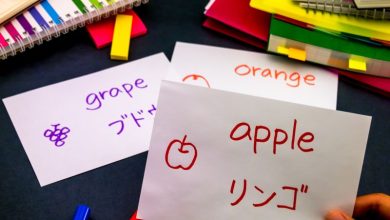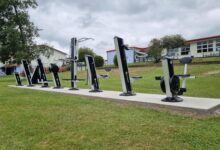Supporting changes in 2025 – new resources from ERO
ERO is publishing a series of best practice guides to help educators effectively implement incoming changes for 2025.

In 2025, changes to the English and Maths and Statistics learning areas will become mandatory, necessitating changes for schools across the country.
To support these changes and to help ease transition, ERO is releasing a series of articles aimed at school leaders. The articles outline strategies using evidence-based approaches to ensure sustainable and positive changes.
Read the latest print edition of School News online HERE.
The first article, published in November, covers building a professional learning community within schools. The second article, published in December, covers preparing for a differentiated learning approach. More articles are expected to be released over the summer.
“The intention is to support principals with practical guidance, including links to useful tools and some key steps to take toward implementation,” reads the first article.
“This coming year’s change should not be viewed as a one-time event. A fundamental aspect of this process is establishing the necessary structures to support ongoing change and improvement as part of the school’s routine practices.
“In a series of articles [sic], the Education Review Office will share good practice that it has seen in school improvement and effective change implementation.”
The articles are penned by the ERO’s Chief Review Officer, Nicholas Pole.
“ERO is in a unique position to share good practice. Our work alongside schools across the country allows us to see first-hand what great schools do in practice,” said a spokesperson from the ERO.
“The series of articles aims to provide school leaders and teachers with practical guidance based on evidence and experience on how to deliver effective change to improve students’ education outcomes. We want to support and prompt principals and boards as they lead change within their own school environment and work towards implementation.”
Three more articles are expected to be published in the new year, focusing on:
- Setting effective goals and measures in a school’s annual implementation plan;
- The use of assessment information for decision making;
- Making good use of teaching observation to grow practice in support of the curriculum changes.

Professional learning communities
In the first article on building a professional learning community, ERO outlines the research on schools who have implemented a professional learning community. They found that “highly effective schools” use a collaborative approach to build knowledge and solve problems, working toward shared goals and creating a positive PLD culture with mutual support.
The article also elaborates on effective leadership and planning for the year ahead to ensure effective change implementation, including ensuring access to teaching resources and timeslots for kaiako to discuss and share development, ideas and observations.
The article also links to useful documents worth revisiting, such as the ERO’s School Improvement Framework and studies which examine characteristics of effective teaching PLD.
Preparing for a differentiated approach
The second article covers differentiated learning. Classrooms with two-or-more year levels may face unique complexities when implementing the new curriculum. ERO shares insights on how to differentiate learning to create appropriate learning experiences for the needs of different learners.
The article covers:
- Knowing learners;
- identifying areas for progress;
- choosing strategies and;
- knowing how effective your practices are.
The article links to helpful research from the ERO which evaluates effective teaching practices in each area.
Educators can also access ERO’s School Improvement Framework and the evidence and insights website, where ERO’s research and reports are published, including on best practice guides and case studies.
Educators who would like to be notified when articles are published can email [email protected].









